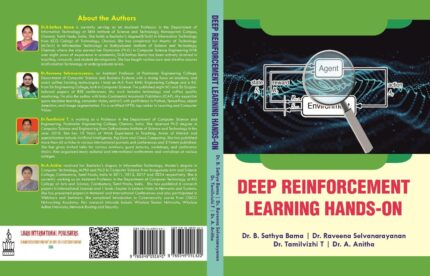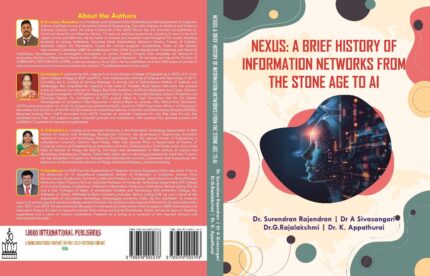In the realm of modern computing, the operating system stands as a cornerstone of technological advancement. Like the conductor of a symphony, it orchestrates the harmonious interaction between hardware and software, allowing the digital symphony of our lives to play out. This preface delves into the essence of operating systems, unraveling the layers of complexity that lie beneath the surface.
Imagine a bustling metropolis, with a myriad of tasks and activities occurring simultaneously. Streets, buildings, and infrastructure provide the framework for this bustling ecosystem. Similarly, an operating system lays down the infrastructure upon which applications and processes thrive. It manages the allocation of resources, from the memory that stores our thoughts to the processors that bring them to life. This invisible yet omnipresent force ensures fair allocation, preventing resource gridlock and enabling efficient multitasking.
At its core, the operating system is an enabler of dreams, a facilitator of innovation. It provides a canvas upon which developers paint their creations. Without the operating system, the world of software would be a disjointed collection of tools, devoid of the cohesion needed to power the technologies we rely on daily.
The user interface, a window into this intricate world, bridges the gap between humans and machines. Whether it’s a graphical interface with colorful icons or a command-line interface with its rhythmic dance of text, the user interface brings the digital realm closer to our understanding. It transforms complex operations into accessible actions, making computing an experience that transcends barriers.
But with great power comes great responsibility. Security, a paramount concern in our interconnected age, is an integral part of the operating system’s role. It guards against digital intruders, fortifying the walls around our data and digital identities. The operating system’s vigilance ensures that our personal and sensitive information remains in safe hands.
Through failures and successes, the operating system stands resilient. It handles errors gracefully, recovering from unexpected disruptions and shielding users from the undercurrents of complexity. Just as a ship’s captain steers through stormy waters, the operating system guides us through the ever-changing landscape of technology.
As we journey deeper into the digital age, the operating system continues to evolve. From humble beginnings of command-line interfaces, it has morphed into sophisticated graphical environments, virtual realms, and platforms for innovation. The operating system not only adapts to our needs but shapes them, ushering us into new frontiers of possibility.
Concepts are presented using intuitive descriptions. Important theoretical results are covered, but formal proofs are largely omitted. The bibliographical notes at the end of each chapter contain pointers to research papers in which results were first presented and proved, as well as references to recent material for further reading. In place of proofs, figures and examples are used to suggest why we should expect the result in question to be true.
In this preface, we embark on a voyage through the heart of the operating system. We peel back the layers, unravel the intricacies, and appreciate the role it plays in our digital existence. Just as an explorer maps uncharted territories, we seek to navigate the terrain of operating systems, shedding light on the unsung hero that underpins our technological world. Happy learning!
Notes to Students
We encourage you to take advantage of the review questions (available online) and practice exercises that appear at the end of each chapter. The review questions as well as solutions to the practice exercises are available for download from the supporting website http://www.os-book.com. We also encourage you to read through the study guide, which was prepared by one of our students. Finally, for students who are unfamiliar with UNIX and Linux systems, we recommend that you download and install the Linux virtual machine that we include on the supporting website. Not only will this provide you with a new computing experience, but the open-source nature of Linux will allow you to easily examine the inner details of this popular operating system. We wish you the very best of luck in your study of operating systems.















Reviews
There are no reviews yet.